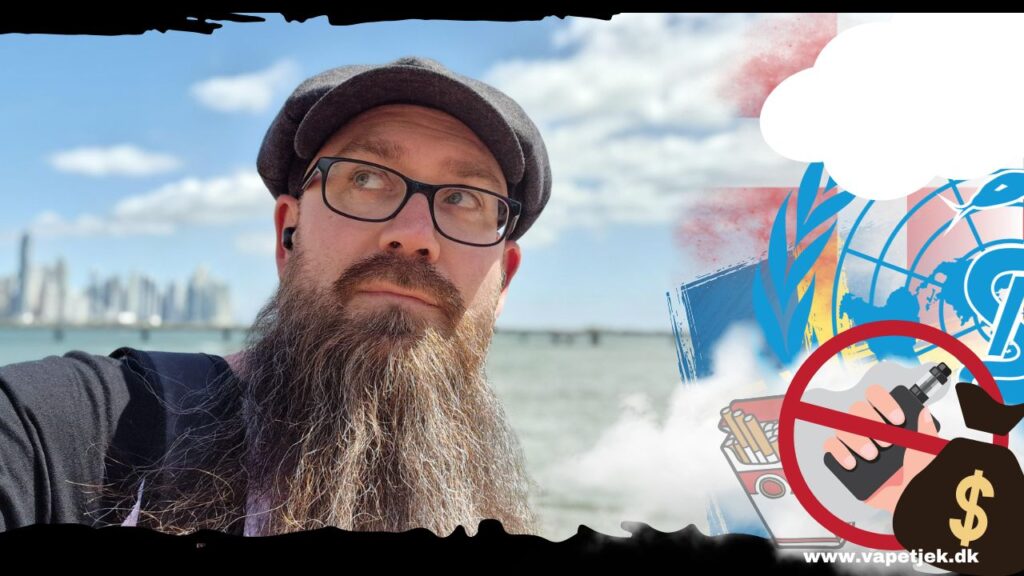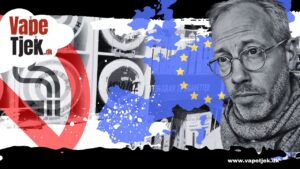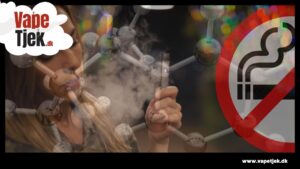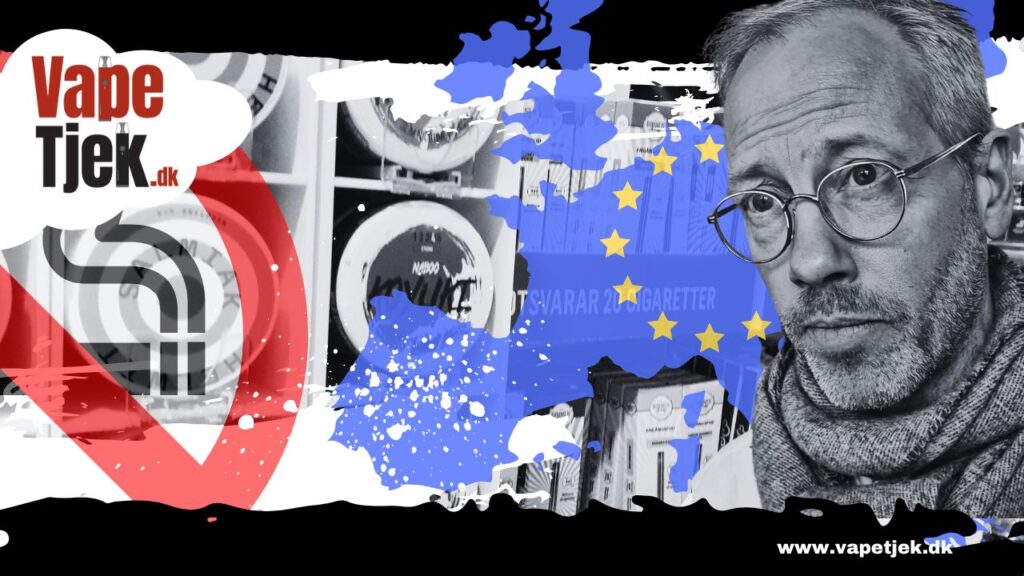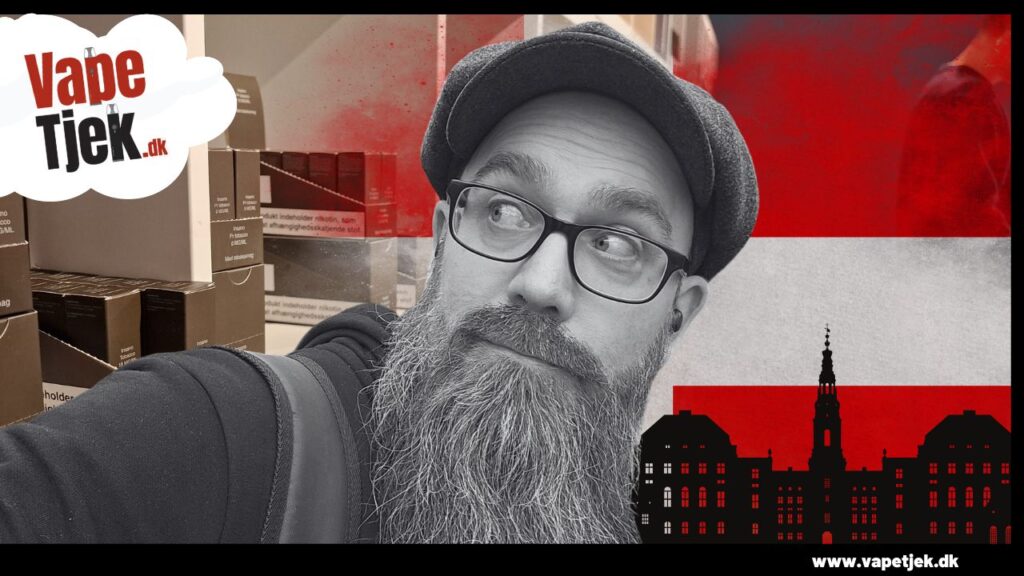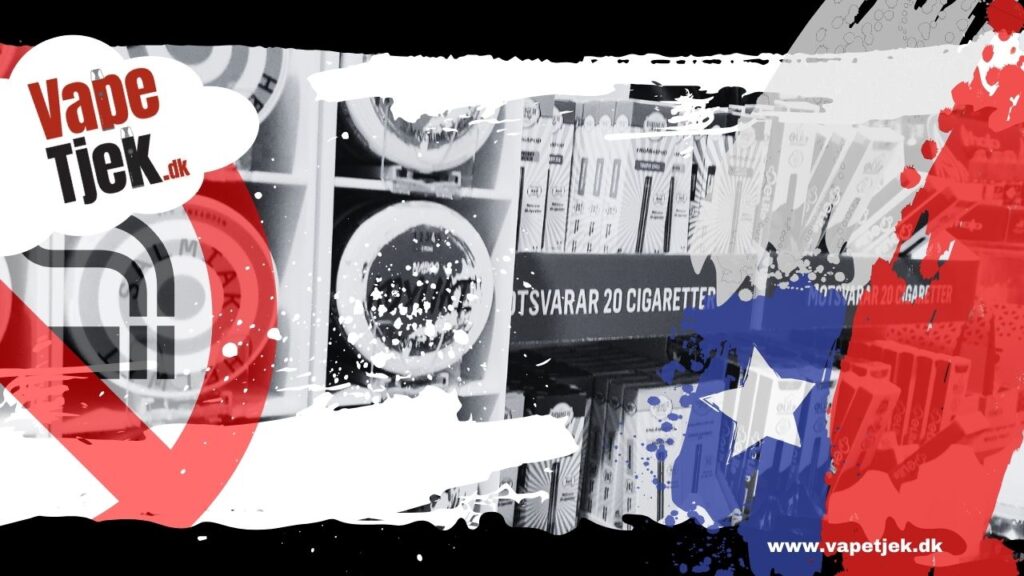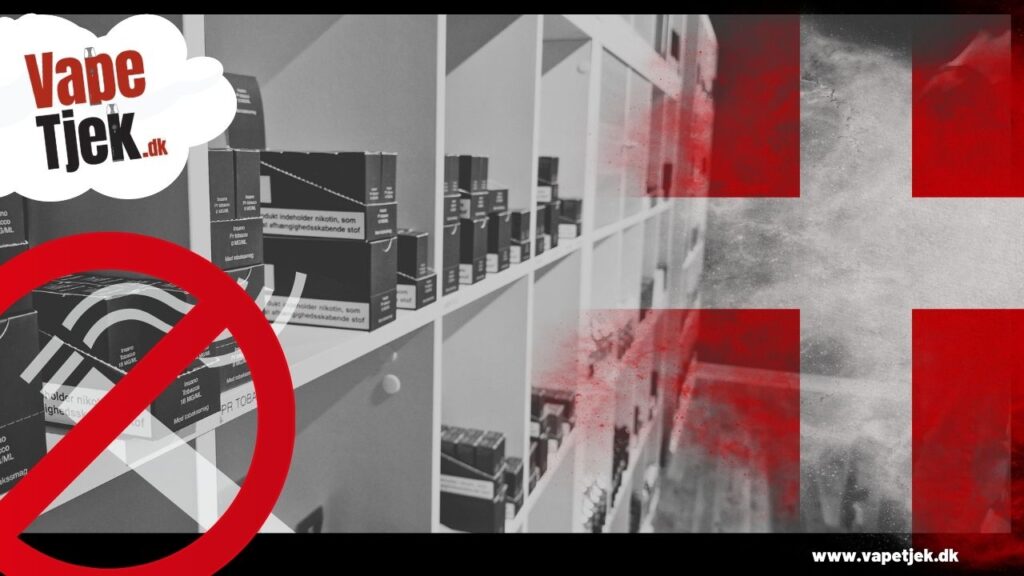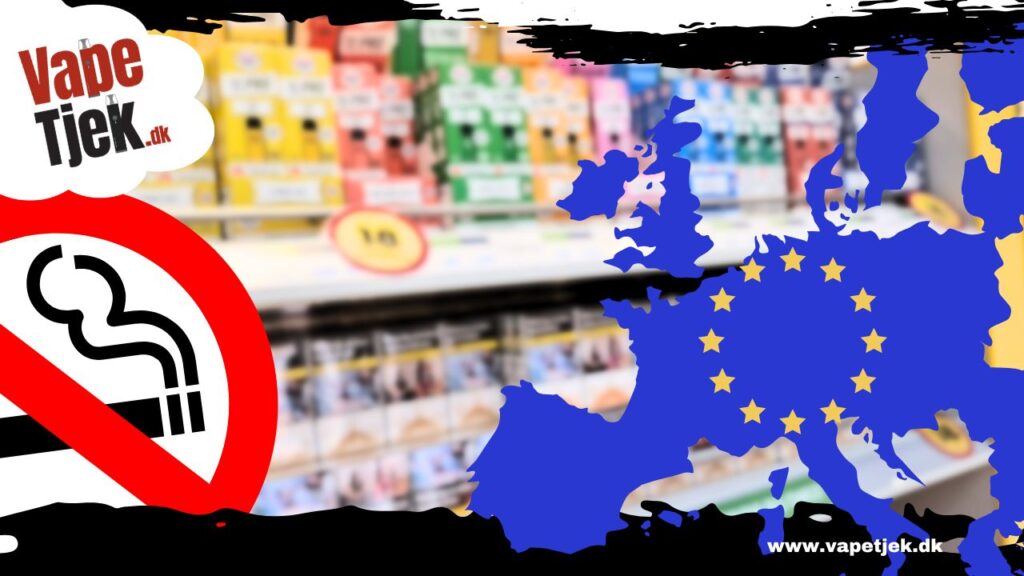Freelance journalist John Lund took the pulse of Vejpkollen editor and founder Stefan Mathisson after his trip to Panama and the WHO Tobacco Convention in February 2024. What really happened down there, how does it affect Sweden, and why do you travel around the world to engage in something as special as e-cigarettes?
Travelling to the other side of the globe to engage with a... product? Vejpollen's editor-in-chief and founder, Stefan Mathisson, boarded the plane from Gothenburg to Panama City for a week of both activity and resistance, focused on nicotine products and the fight to either save them or destroy them. At the centre of it all was the WHO COP10 meeting on tobacco regulation, which took place from 5 to 10 February this year, but also an alternative conference called "Good COP".
The situation before Panama
The World Health Organisation's COP10 meeting, or "Conference of the Parties to the WHO Framework Convention on Tobacco Control", did not receive much attention in the mainstream media. But many topics were on the agenda, not least the issue of 'novel nicotine products' - which the WHO wants to equate with regular cigarettes and other combustible tobacco. Proposals included a ban on flavours, a ban on open systems, a standardised model for e-cigarettes with a mechanism that turns off after a certain number of puffs, a redefinition of e-cigarette vapour as tobacco smoke, a tax on new nicotine products at the same level as cigarettes and a goal of a "nicotine-free" world.
An alternative conference
"Tobacco harm reduction" does not exist in this context. The term is considered coined by the tobacco industry, "Big Tobacco", to "lure future generations into lifelong addiction". No dissenting opinions are welcome and the prevailing agenda is largely unchallenged. However, in parallel to COP10, a 'counter-conference' was held, organised by the US organisation Taxpayers Protection Alliance (TPA). This conference, called "Good COP", featured panel discussions with experts, users and activists. Stefan Mathisson, editor and journalist at Vejpkollen, was one of the participants.
Did you have a packaged programme?
"There was virtually no time to see the country itself. The Panama Canal really just looks like a harbour in Gothenburg, only a lot bigger. And it's 40 degrees instead of two in February."
Was it the TPA programme you followed?
"They had a programme with many people I've met before at other conferences. I participated in their panels, but I also wanted to see as many sides of the debate as possible. That's the goal of Vejpkollen - to try to uncover what the discussion is really about and who is participating in the debate about e-cigarettes, snus, nicotine and harm reduction. It's not all black and white and it's important to talk to as many people as possible - otherwise the journey would be pretty pointless.
The first thing I did was to go to the conference venue where COP10 was taking place. There I met various activists, both from the anti-tobacco and anti-vape movements, who I tried to talk to. But they wouldn't talk to anyone who wasn't inside the building itself, where only authorised people had access. On the other hand, they filmed us journalists standing outside."
Did they film you to document "suspicious" people?
"I think so, actually. These groups work a bit like that. The anti-tobacco movements are similar to political extremist groups - very militant and aggressive. I've seen similar tactics among both far-left and far-right groups. They were predominantly older, but behaved like children. Many of them came from Mexico, carrying large signs with slogans like 'Stop Big Tobacco' and 'Ban Vaping' and pictures of crossed-out e-cigarettes. It was interesting to see up close.
At the same time, a group of tobacco farmers and cigar manufacturers demonstrated against COP10, believing that their industry should not be part of tobacco regulation. They were also denied access to the conference. I also interviewed a Spanish vape activist, Julio Ruades, who briefly managed to enter the entrance hall but was quickly escorted out by security.
Panama has banned the sale of all e-cigarettes and increased cigarette taxes - but it was extremely easy to get e-cigarettes. I spoke to the local vape organisation, which has filed a lawsuit against the state because they believe the ban violates the constitution."
Were there many journalists present?
"A lot. Many had come to understand what it was all about. Many knew very little or nothing about e-cigarettes, the difference between smoking and vaping, or about snus and nicotine pouches. A lot of my time was actually spent explaining to other journalists what it was all about."
Did you watch any of the streamed COP10 sessions?
"Yes. The first one was supposed to be live streamed, but there were technical issues, so only a small part was published. However, the 'Good COP' group got hold of the whole session and quickly put it online.
There was sharp rhetoric from the Netherlands, which wants to ban virtually everything related to alternative nicotine products. China praised itself for reducing smoking, even though state tobacco companies account for half of the world's cigarette sales - while China is the world's largest producer of vapour products."
How was the atmosphere at the COP10 meeting?
"The WHO has an extremely negative attitude towards e-cigarettes. They recommend bans, preferably total bans, and claim that there is no evidence that you can quit smoking by using e-cigarettes. There was a very aggressive atmosphere."
Did anyone speak in favour of harm reduction?
"I was particularly curious to hear what the UK, New Zealand and the Philippines would say as they have progressive legislation in this area. Sweden said nothing - they let the EU speak for them.
But St Kitts and Nevis, a small island nation in the Caribbean, argued for a more nuanced approach and proposed a working group on harm reduction. As a result, no decisions on e-cigarettes, snus or nicotine pouches were actually passed at this COP10 - everything was postponed until the next meeting in two years."
What does the future hold for e-cigarettes and nicotine products?
"I think the WHO will eventually have to take harm reduction seriously. Even the tobacco industry has helped open the debate as they want to sell less harmful products than cigarettes.
But most importantly, we have now reached a point where so many people are using these products that it's too late to ban them. More and more politicians realise that it makes sense to reduce harm instead of banning everything. I think the debate will change."
What was your strongest memory from the trip?
"A comment from Bengt Hedlund, editor and director of Convenience Stores Sweden. We were talking to an Indian doctor who works in harm reduction and Bengt said: 'This is fantastic. You come from completely different parts of the world and come together for a product that obviously means a lot to both of you and that you are now travelling the world to defend.
This is a global movement and it's not going away."
